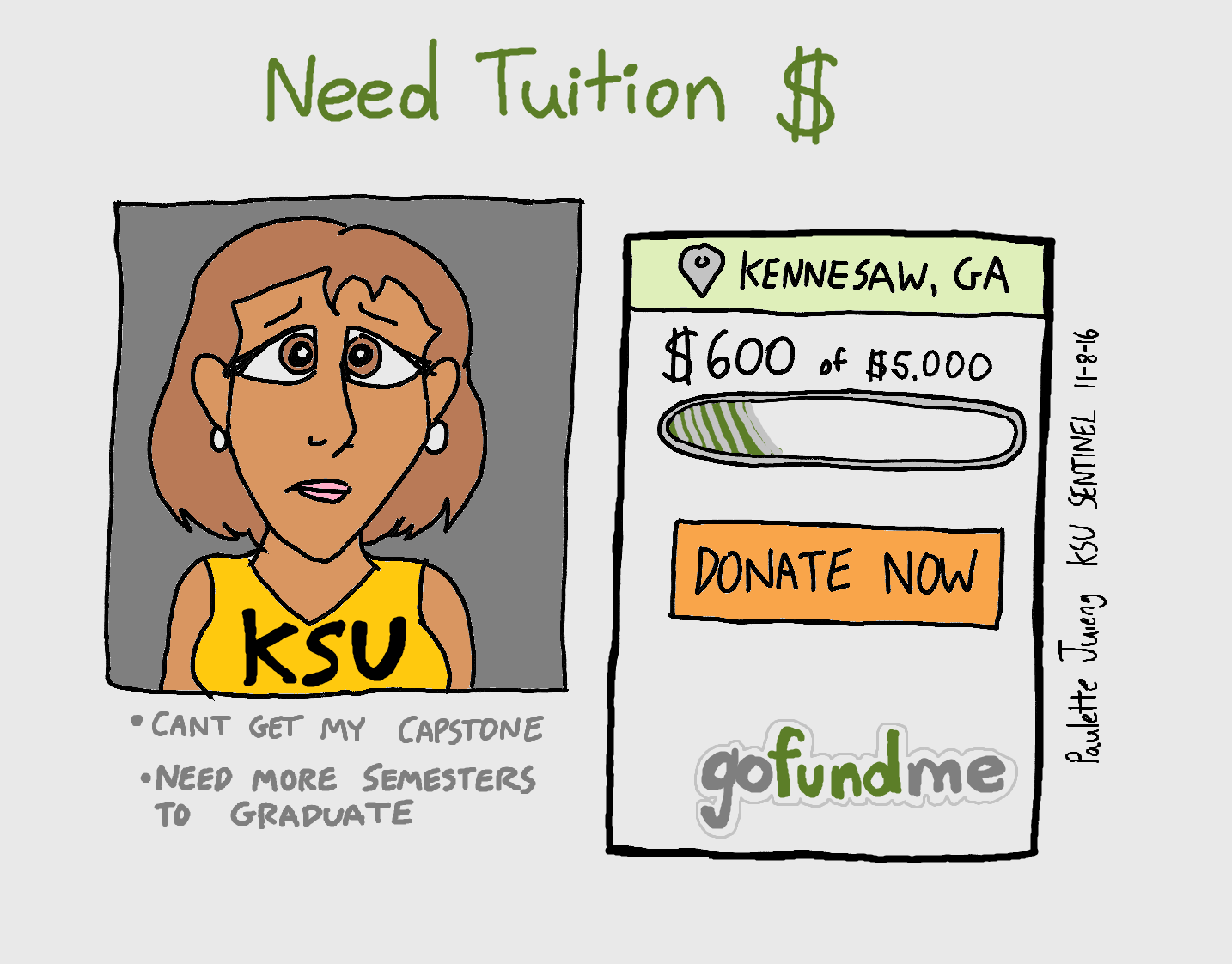Martin Shkreli made headlines in early 2016 after he infamously jacked up the price of Daraprim — a medication used to treat AIDS and cancer patients — from $14 to $750. Many Americans were in an uproar over this because Daraprim had existed for 62 years at an affordable price before Shkreli purchased the rights.
This incident not only shed light on the injustices and loopholes of this industry, but it also brought the lack of federal drug regulation in America to the attention of everyday citizens.
How do we know for sure that Americans are being screwed over? Well, our neighbor to the north, Canada — along with various countries in Europe — has a system that is inexcusably better than ours in this regard.
A study conducted by the International Federation of Health Plans concluded that Americans pay two to six times more than any other country for non-generic prescriptions. Many countries in Europe have higher life expectancies and lower prescription prices. The only difference is that they are relying on a government-run health care system that eliminates the capitalistic factor.
There is absolutely no federal regulation on the price-hikes of drugs in the United States. Even more frightening, the lack of regulation can create monopolies. When one party owns a drug, it can set the price at whatever it pleases.
Random price-hikes happen extremely often, and no laws have been passed to stop them. According to an article by the Chicago Tribune, the drug company Pfizer was fined £84.2 million ($106 million) in Britain for raising the prices on an epilepsy drug by 2,600 percent. If America gained leverage over drug companies, the government could protect its citizens in this same fashion.
Big pharmaceutical companies successfully lobbied against the Medicare Prescription Drug, Improvement and Modernization Act of 2003, which would’ve given the federal government the power to negotiate better drug prices.
It is striking how pharmaceutical companies are more interested in protecting themselves than actually helping people live healthier lives. In 2016 alone, all of the existing pharmaceutical companies combined spent $244 million on lobbying. The focus of these capital-centric industries is not the safety of all human beings, nor is it the advancement of technology and civilization. Instead, these money-grubbing pharmaceutical companies are scheming their way, year after year, through the cracks of government malfunction — ultimately stealing from us all.
Due to our capitalist society, individuals in fields that have the potential to solve global issues are not as concerned with the well-being of human life — they are in it for personal monetary gain. When a drug manufacturer discovers a drug, they are then allowed to become the sole distributor of the drug, decreasing accessibility for Americans and inhibiting the creation of more affordable generic brand medications for decades.
It is easy to hike the price of a drug 2,000 percent when you aren’t acknowledging the lower-class Americans who are struggling to make ends meet, let alone pay $750 for a pill that was $14 originally.
There is nothing worse than stealing from the weak and the less fortunate.
In our first-world country, the American government should buckle down on making the health of all citizens a top priority. After all, what good is a person’s contribution to society if they can’t even lead healthy lives to enjoy it?

